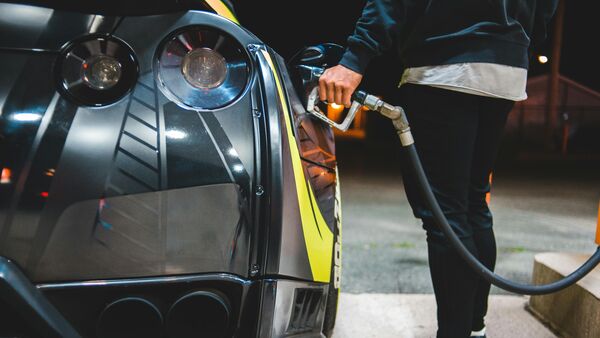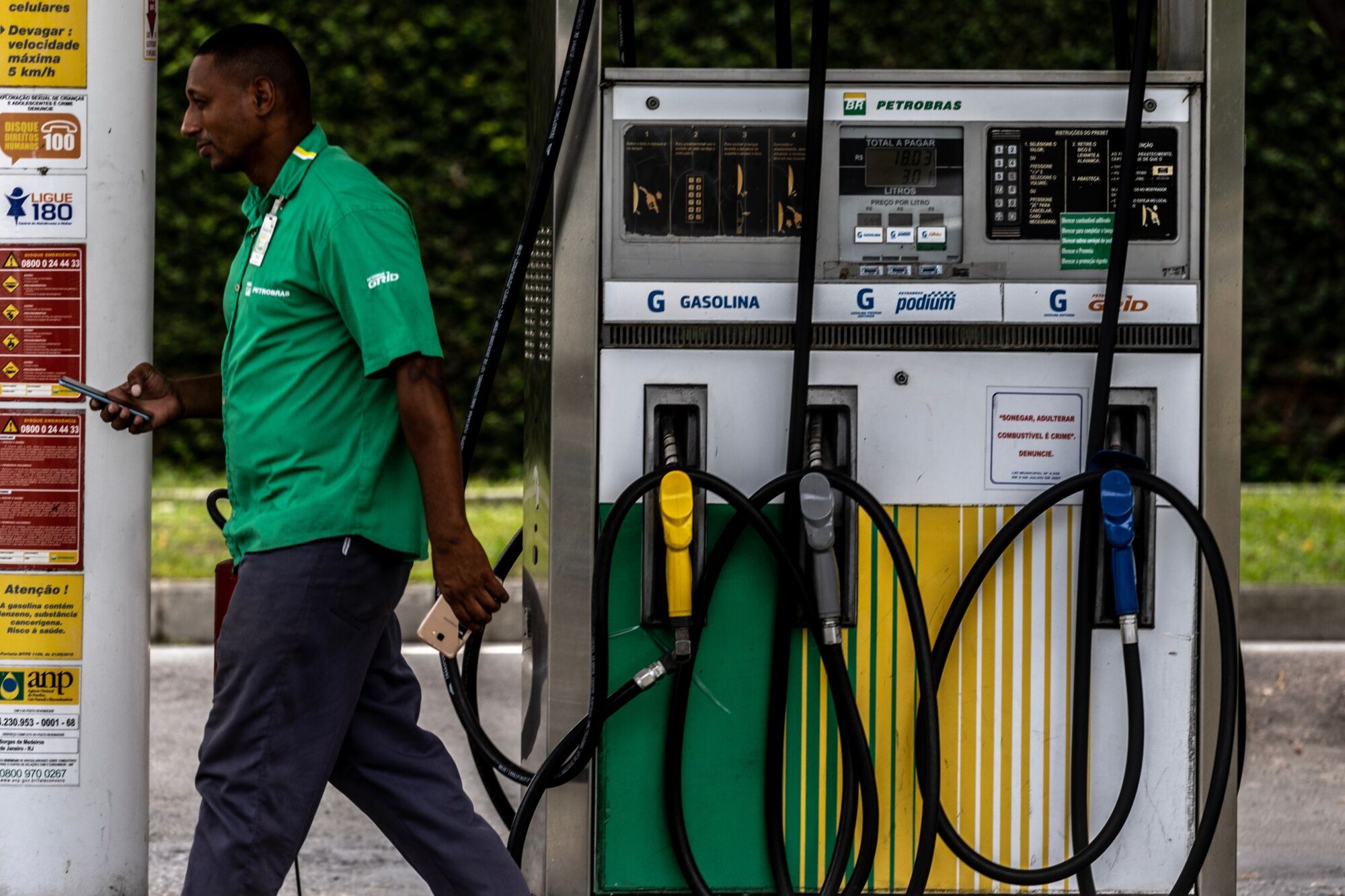Premium petrol has an octane rating higher than 91. While cars that take it produce less emissions and a better mileage, it does not translate to all
…

After the introduction of the Bharat Stage 3 vehicle emissions norms in 2010, the minimum octane rating for petrol was increased from 88 to 91. As of today, unleaded petrol is rated at 91 RON (Research Octane Number), and premium fuel such as Speed, Power, and Extra Premium have a similar octane rating but contain additives that help clean the insides of the engines. Then there are high octane fuels with higher RONs, and the octane rating of these fuels differ from one manufacturer to another.
Also Read : Land Rover celebrates 35 years of Discovery SUV with limited edition model
Premium petrol with higher octane rating is generally thought of as the go-to when it comes to engines with higher compression ratios, such as those in high performance sports cars. This type of petrol is more refined and pure, and engines that use high octane fuel are more efficient and produce less emissions. In spite of this, using high octane fuel in an engine that does not require it will not correlate to gains in performance or mileage. While the new engines since the BS3 norms will be running on 91 RON petrol, using higher octane fuel, such as 97 RON, will not lead to further reduction in emissions. So, what does a higher octane number really mean and should owners pay for the premium?
What does premium petrol mean?

Before delving into what constitutes high-octane fuel, or what octane even is for that matter, it is necessary to understand how petrol is made. Crude oil is made up of heavy hydrocarbon molecules that are broken down into lighter ones during the refining process. Liquids and vapours that come as a result of heating the crude oil are separated in distillation towers depending on their boiling point. Petrol, being the lightest, rises to the top and condenses back into a liquid. Heavier fractions from the crude oil are further broken down in the presence of a catalyst, and these different streams of fuel are blended together. In the process of blending, the level of octane, among other specifications, is adjusted to create the desired petrol blend.
Also Read : SIAM data from June shows how growth in car sales is now slowing down in india
The octane number or RON is what makes the difference between regular and premium petrol. The octane number reflects how much compression the petrol blend can handle before igniting by itself. High octane petrol is more refined and has a higher heat bearing capacity than regular petrol. This type of petrol does not pre-ignite quite as easily as regular petrol does, and as such, it works more efficiently and is suitable for high-compression engines in performance cars that demand higher heat bearing capacities.
Regular vs premium petrol: So what should you use?
Manufacturers of high-compression engines generally ask buyers to use a higher octane grade when it comes to the petrol that they put in the car. Lower octane fuel will not burn properly on entering the combustion chamber in these engines, and the unburnt bits of air-fuel mixture will pre-ignite under compression and will cause damage to the engine components by creating excessive load.
Also Read : Disappointed with your car’s fuel economy? Five best ways to improve it
High performance cars require premium petrol more for its load bearing capacity than the level of power it can generate. The octane rating does not relate to the power output level of the fuel and generally does not lead to significant changes in performance. Marginal gains in engine horsepower are possible but those are quickly lost by the time the power gets to the wheels. High octane petrol is essentially redundant in regular commuter vehicles with low-compression engines, and in certain cases, using petrol with an octane rating higher than the manufacturer-recommended figure can cause power levels to dip slightly.
Watch: Bajaj Freedom, world’s first CNG motorcycle, launched in India – First look
If the manufacturer has recommended regular petrol, it is unnecessary to pay for the premium. Premium petrol in the average daily driver will not help the car to run cleaner or get better mileage. Nor will premium petrol help to make gains in performance of the car. If you own a car which demands premium petrol, it is important to stick to it, though not always necessary. Modern cars come with computers inside that process all sorts of information, and these do a good job of keeping track of the type of petrol being used. If and when the computer notices that the car has been given a steady diet of lower octane fuel, it adjusts settings and compression ratios by itself to accommodate the kind of fuel being used and prevent needless damage. Premium petrol, however, should be used if the engine experiences severe knocking when running on regular petrol.
First Published Date: 13 Jul 2024, 14:54 PM IST

